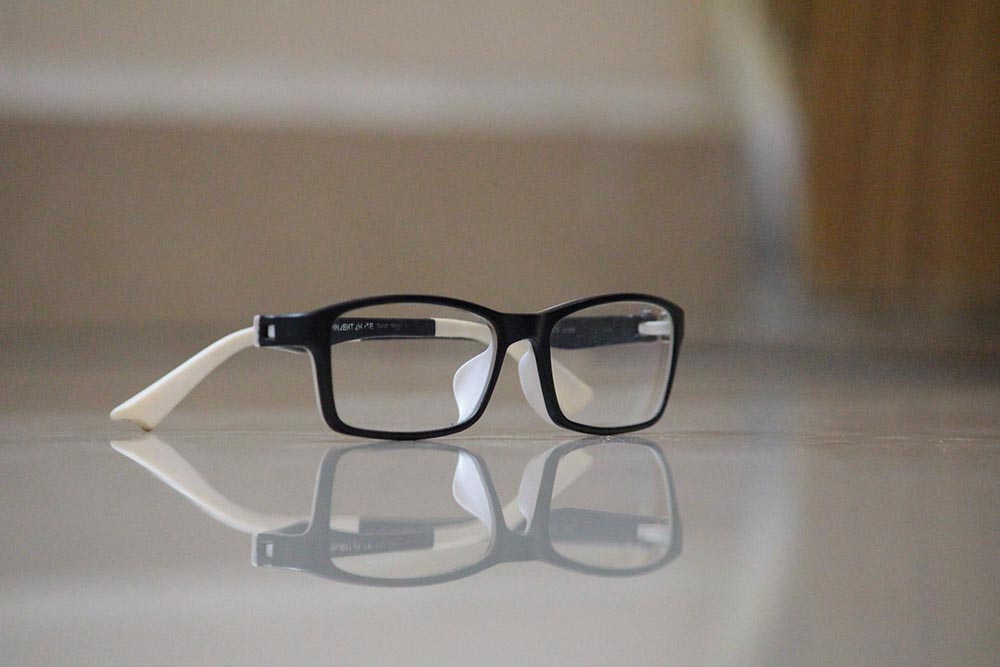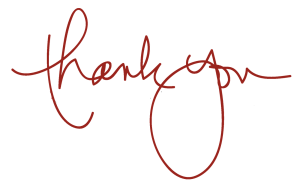I was born having a congenital condition – albinism. Albinism is a congenital disorder whereby there’s insufficient melanin on the skin and hairs. It is equally accompanied by certain sight challenges. My own share of such challenges is myopia also known as short-sightedness to the layman.
Short-sightedness describes the reduced ability to see distant objects. Thus, an object which can be seen by a person with normal eye sight within a twenty-foot distance will be clearly seen by a shortsighted eye at a shorter distance which gets shorter and shorter depending on the degree or specific cause of the visual impairment.
It’s interesting and important to highlight all these because I would like to share how I studied medicine and physiotherapy with such level of visual impairment.
Questions like: How did I cope? How did I study? What about the social challenges? How did I succeed? And a good number of others will be answered as we explore the following points:
1. Seeking Reading Aids
I got my first reading glasses at the age of six. As at the time of this writing, I had just celebrated my thirty-fifth year of life. So, you could imagine how many glasses I have used. Personally, I have lost count! The journey to getting reading glasses has taken me to many opticians and ophthalmologists but one particular experience has remained remarkable. I will come to that later.
2. Adaptation
When it comes to dealing with limiting situations, one of the best things one can do on the interim is to adapt. While you seek a cure, succour, aid, assistance, and healing, adaptation is your best bet. This is because, in the absence of your expectations or inability to achieve the relief you desire, adaptation becomes a template for you to move on with your life. Personally, very few people around me know or even understand the extent of my visual challenges. Some think it’s just about wearing my medicated glasses regularly (which I was made to believe earlier in life, and has found out to be untrue). My own challenge is not just a refraction error but of developmental origin. The same way people with albinism are in different shades and grades, that’s the way our sight challenges are. For someone living with barely a 50/200 vision, I had to learn adaptation early in life and this continues up to this day. For those that don’t understand, a 20/20 vision is the ability of a ‘normal’ eye to see an object at twenty feet. This is the standard reference for persons with vision challenges. For me, 50/200 vision means that what a person with normal eye sees clearly at two hundred feet, I am only able to see at fifty feet and this is an estimate! This is by no means to elicit your sympathy but for you to understand the extent of my experience. During my secondary school days, I adapted to write fast especially during dictations. I was one of the fastest in my class. Perhaps, that must have contributed to my terrible handwriting these days. Never mind me, when I write slowly, it’s far better. You know, being a writer all these years, writing fast is easily a temptation I fall into every now and then. Those days, any attempt by the teacher to write on the blackboard, created an instant frown on my face. Sitting in the front didn’t really help because during my secondary school, we had four-seater desks unlike in primary school where I could just move my locker to virtually any part of the class to see the teacher’s impressions on the board. A similar challenge of movement persisted into university during my first degree.
During my second degree, we had individual chairs but due to the nature of the classes, I couldn’t just move as I would. No one really wanted to be obstructed during their anatomy or physiology classes. To counter these, I had to just sit on the closest place I could, listen to the lectures and go back home to watch similar classes on YouTube for guidance. Since we had access to WiFi connection, this option wasn’t a problem. The only challenge was that in many cases, I had to spend more time to study. While others were reviewing lectures, I had to start afresh. So, in the long run it wasn’t efficient as topics and courses piled up. Even if I had to back out of the classes to bridge the gap, I still needed to meet up with more than eighty percent attendance to classes to be eligible to sit for the semester exams. In courses, that were more theoretical, I was cool. It was only obvious with courses that required a lot of description and board illustrations. The interesting thing about adaptation is that it helped me to be more imaginative. Thus, one of the good things about adaptation is the resulting imagination, being dynamic with solutions and trying to find different and better ways of doing something. Oh my God, I think I’ve just succeeded in giving a little lecture on innovation!
3. Strength Maximization
We all have strengths and weakness. As I grew up, I came to realize my strength in writing fast, imagination, command of words etc. Writing fast was only an adaptation to my eye impairment while having a good command of words came as a result of extensive and intensive reading while growing up.
4. Asking for help
One of the things that has helped me is asking for help. Sometimes in class, I have pretended to copy (please I don’t encourage pretense; I understand better now) the notes to distract a lecturer’s attention from me while the lectures are going on, only to meet someone at the end of the class to copy theirs. As lectures piled up, I realized that wasn’t efficient and as effective as I would have loved. Guess what I did? I began to make photocopies of borrowed notes. I spent more but it saved me time. I could cope with the extra expenses because I’ll simply make personal budgetary adjustments but for time, no compromise. I would still copy while I could but it wasn’t the norm. I also knew that some are able to read the materials while copying. That wasn’t my forte. I only read the material during a designated study time. In medical school, time is treasured. In fact, I would say in some quarters, it’s ‘worshipped’. You don’t need to be educated how a human’s life could depend on just these nanoseconds!
5. Being Determined
Remember the remarkable experience I told you earlier I would get to later? There was this ophthalmologist in the Caribbean where I did my medical training.
I had presented for a comprehensive eye examination to help process my request for a possible LASIK surgery in another country. After a review, she sat me down and we began to chat. She began to explain to me the implications of the result and all that.
‘I am telling you as a colleague now, you know doctor to doctor. Why did you decide to study medicine knowing you had this sight challenge? In fact, how do you perform a vaginal examination?’ she asked.
While I went on to explain to her a bit of my journey so far. I had just started my clinicals and had equally explained how I had coped. The interesting thing is that I’d managed to conceal my shock and feeling of awkwardness at the question, ‘How do you even perform a vaginal examination?’ especially coming from a lady. For some time, I kept having flashbacks of that moment with her. Anyway that was over two years ago and I am done with the program. While I understand the implications of her obvious rhetoric question, I have evaluated the situation and understood where my abilities will be fully utilized. For starters, I don’t pray or even work towards being a surgeon unless by a dramatic event of the miraculous, my vision turns to 20/20. I am also aware that present day medical practice is so vast to accommodate different varieties of interest.
6. Not Dwelling On The Negatives
Just like my experience with the ophthalmologist and others, there’s every reason to be discouraged or hopeless. However, I have failed to focus on them. In fact, the night of that day I spoke with her was one of my darkest nights in the Caribbean but I turned it around. I changed my perspective about how a damning diagnosis turned into personal inspiration. That story has also become part of my book, “Limited But Unlimited: A book that will shatter whatever you have known about albinism.” I have realized that most times our personal experiences aren’t just for us. They are also for others around or after us who might glean from that experience to overcome their own challenges.
Sincerely, thank you for reading.
You are the reason why we keep telling these stories. Our mission is to inform, educate, and inspire through objective storytelling and journalism. We are deeply grateful for your belief in our mission. To enhance your user experience, we've got off a lot of things such as obstructive ads. However, telling these stories and making these researches require funds. If you enjoy our content and you want to see us continue, please kindly support us by donating here.You can also send us an email hello@yolar.co. Thank you for your continuous support. ![]()




I am just grateful for this piece. For me, it is a spur to keep at what I am doing — studying pharmacy and practicing writing. You are amazing to stay on it. I believe in adaptation and the miraculous as well. It is biblical. Thank you for stressing on these points. This has been a fun and you educative read
Thank you Uche for this….?
Thank you so much for this Chizoba. I am glad you were blessed by it.
I am sorry my reply came this late.
Hope the new year has been going well for yoy?
You’re welcome Amara.
All the best.
You’re welcome Amara.
All the best.